Introducing Daejeon

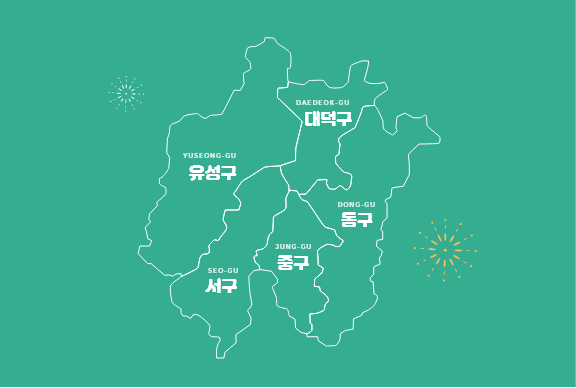
About Daejeon
Daejeon is South Korea’s fifth largest city. Located in the center of South Korea, it has five “Gu” (boroughs: Dong-gu, Jung-gu, Seo-gu, Yuseong-gu, and Daedeok-gu) and 79 “Dong” (neighborhoods). As a metropolitan city Daejeon has a land area of 540 ㎢ with a population of about 1.5million. Among the boroughs, Yuseong-Gu is the largest with a land area of 176.4 ㎢, followed by Dong-gu, Seo-gu, Daedeok-gu, and Jung-gu in that order.

Daejeon's climate
Located in the central region of South Korea, Daejeon has a moderate climate. The mean annual temperature of the city is 13°C (55°F), with average monthly temperatures ranging from -1.0°C (30°F) in January, the coldest month of the year, to 25.6°C (78°F) in August, the hottest month of the year. The mean annual precipitation of Daejeon is 1,458.7mm, of which 50~60% falls during summer and 5~10% during winter. Daejeon is basin-shaped since most of the surrounding mountains have gentle gradual slopes with numerous wide rivers. So even if there is a big storm, large amounts of rainwater can subside quickly, which means that heavy rains, winds, or snows rarely result in flooding or other serious damage.

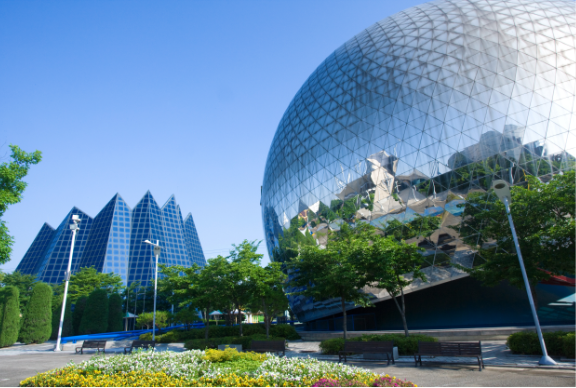
A city of Advanced Science
As the development of the Daedeok Research Complex kicked off in 1973, the city has become a mecca of Korean scientific technologies. The source technologies and talented researchers of Daedeok Research Complex have been playing a leading role in the development of the nation’s scientific technology. Approximately 1,400 institutes, including government research institutes such as KAIST (Korea Advanced Institute of Science and Technology), ETRI (Electronic and Telecommunications Research Institute), KARI (Korea Aerospace Research Institute) and KAERI (Korea Atomic Energy Research Institute) corporations are based in the city. Once the Institute for Basic Science and the Korea Rare Isotope Accelerator System are established in 2021, Daejeon would be able to strengthen its undisputed position as a scientific city.
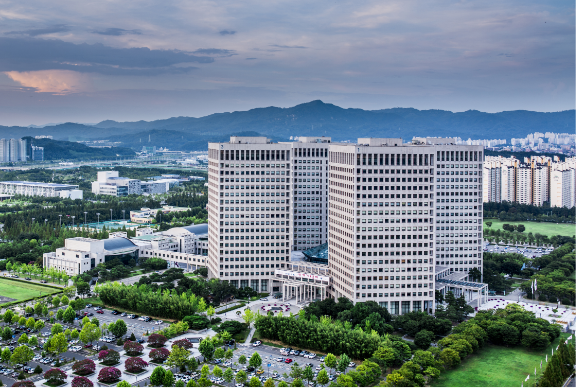
A city of Administration
In the late 1990s, the Korea government Complex was established in the Dunsan area after some government agencies relocated from Seoul to Daejeon for balanced regional development. In addition, Sejong Special Self-governing City was launched in July 2012 near Daejeon City. The two cities are responsible for more than two-thirds of the central administration, effectively serving as the administrative capital of the Republic of Korea. The road network linking the two cities will be expanded, BRT will be installed, and a project to construct a wide area network will be promoted to share information and resources.
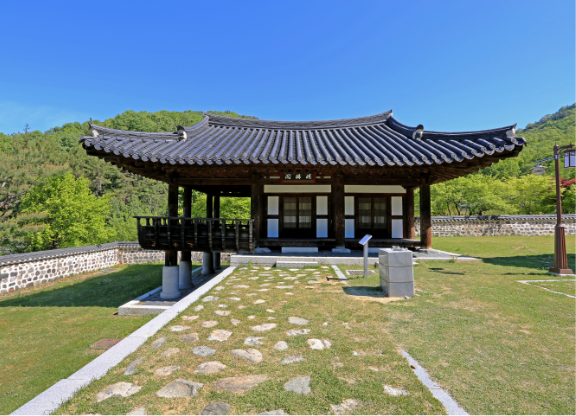
A City of Education
A total of 19 universities are located, including two national universities, which is four more than the city average 15. Daejeon is also a city that is closely related to lifelong education. It is becoming the "best city of lifelong education“ through the Korea Institute for Lifelong Education Development and Daejeon National University of Education.
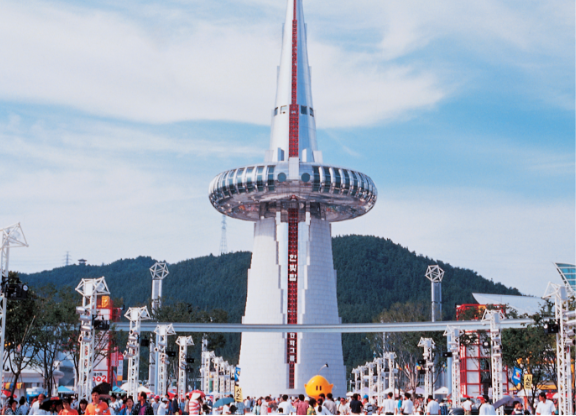
Daejeon EXPO 93
The 1993 World Expo (EXPO) in Daejeon was the first in the history of the EXPO to be held in a developing country. At that time, high-tech technologies such as magnetic High-Tech system trains and solar cars were introduced. At that time, it was rated as the best information service exposition in the history of the world fair. About 200 Korean companies and 33 international organizations, including 60 countries and the United Nations, participated, and 14 million people attended the event. Daejeon Expo not only has great historical meaning but also demonstrates the remarkable success of industrialization in Korea.

City of the World - Daejeon
Daejeon is a “City of the World”! The UCLG General Assembly is a large international event that will surpass the Daejeon Expo 93. It will be held at the Daejeon Convention Center (DCC) and the Daejeon International Exhibition and Convention Center (DICC) in October 2022.
Inquiries : Daejeon City Office for International Cooperation (042-270-3347)
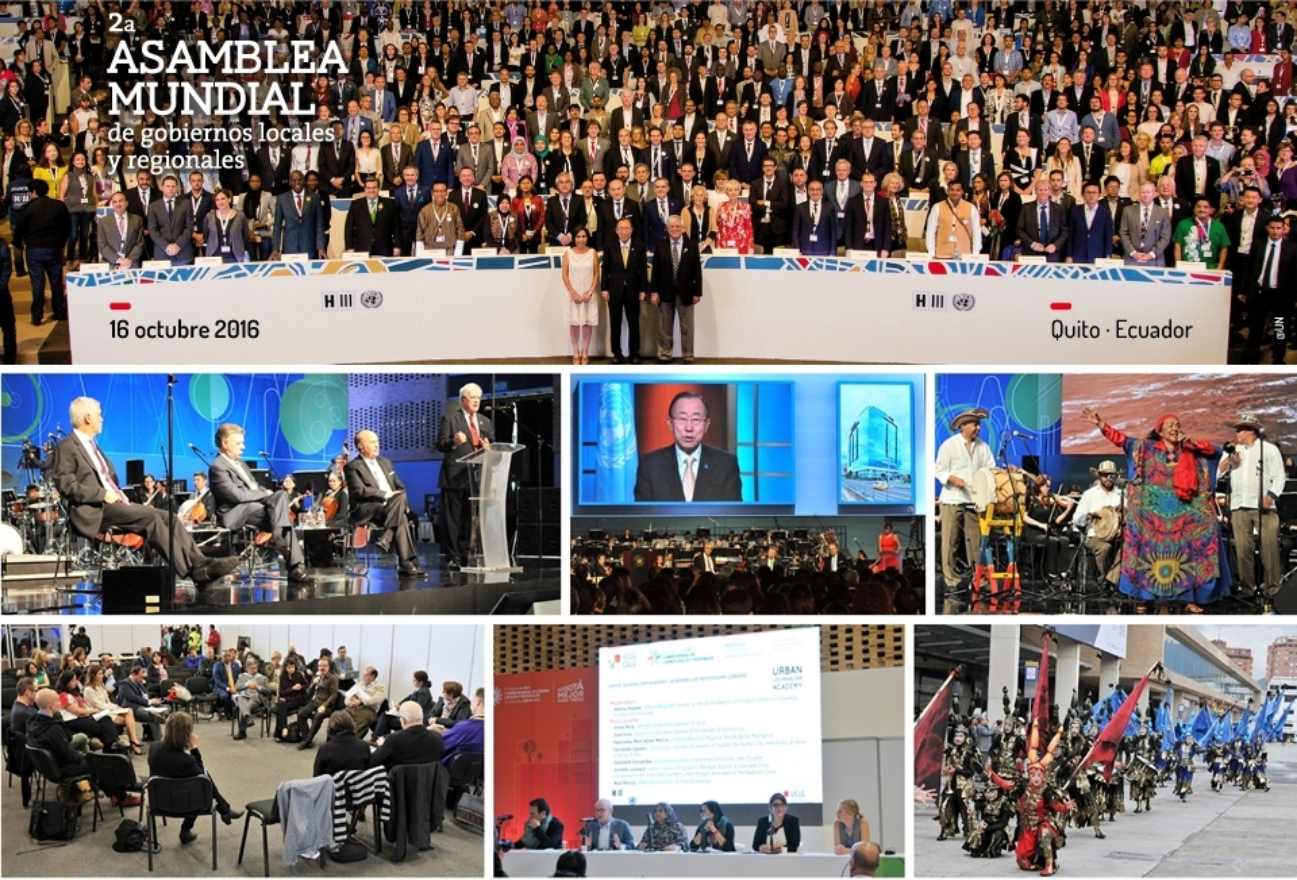

 Living in Daejeon
Living in Daejeon